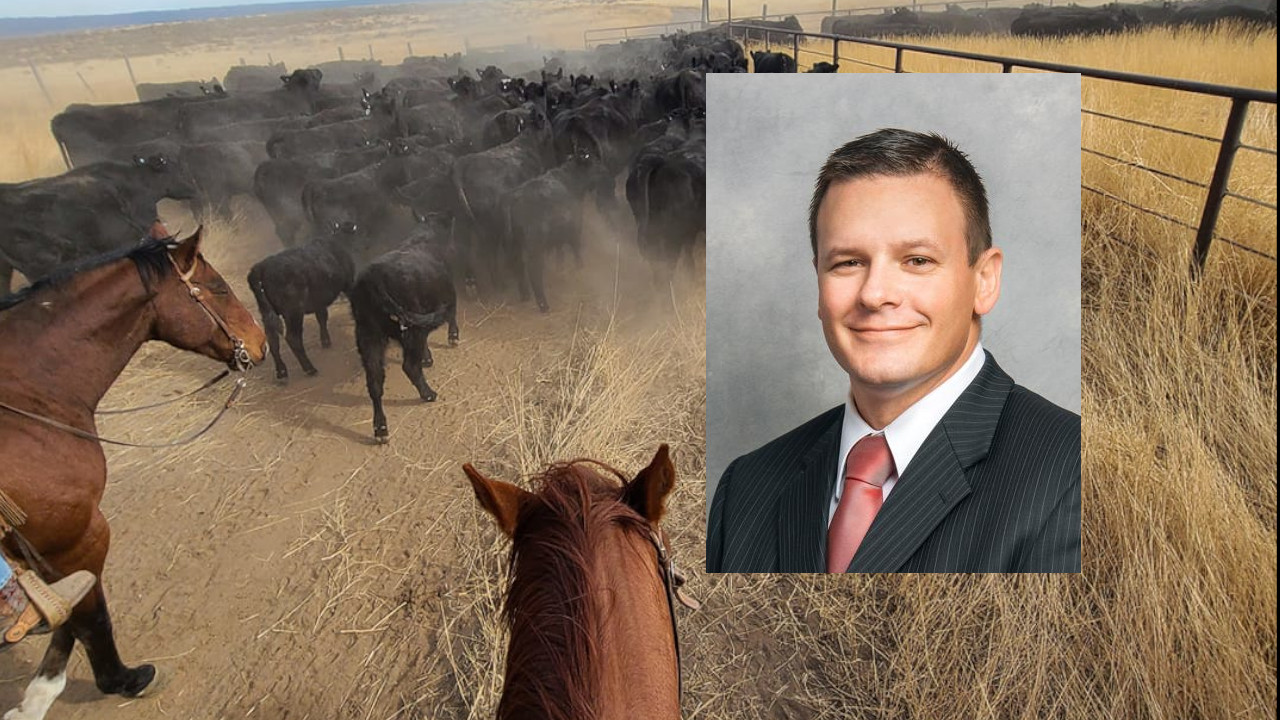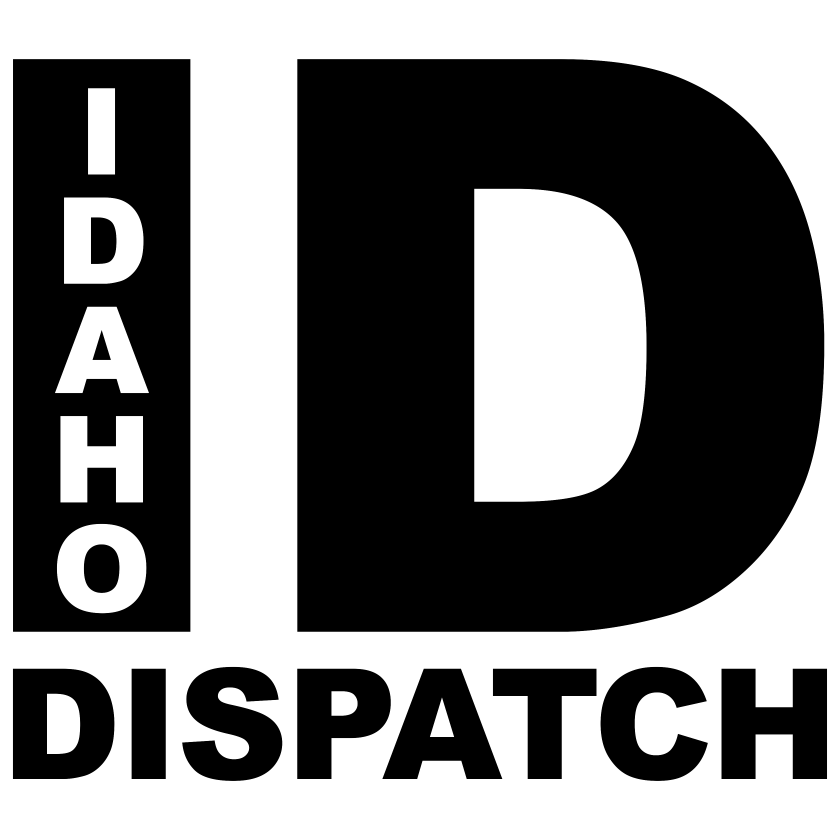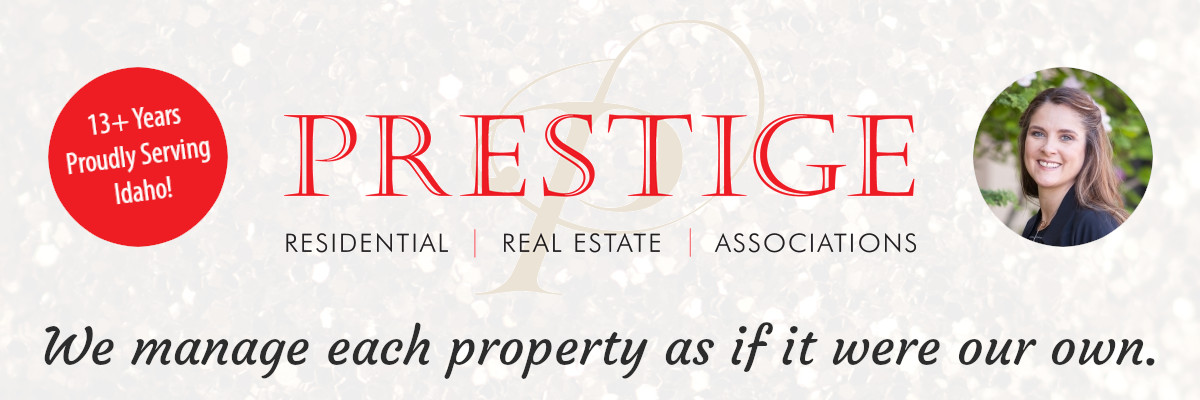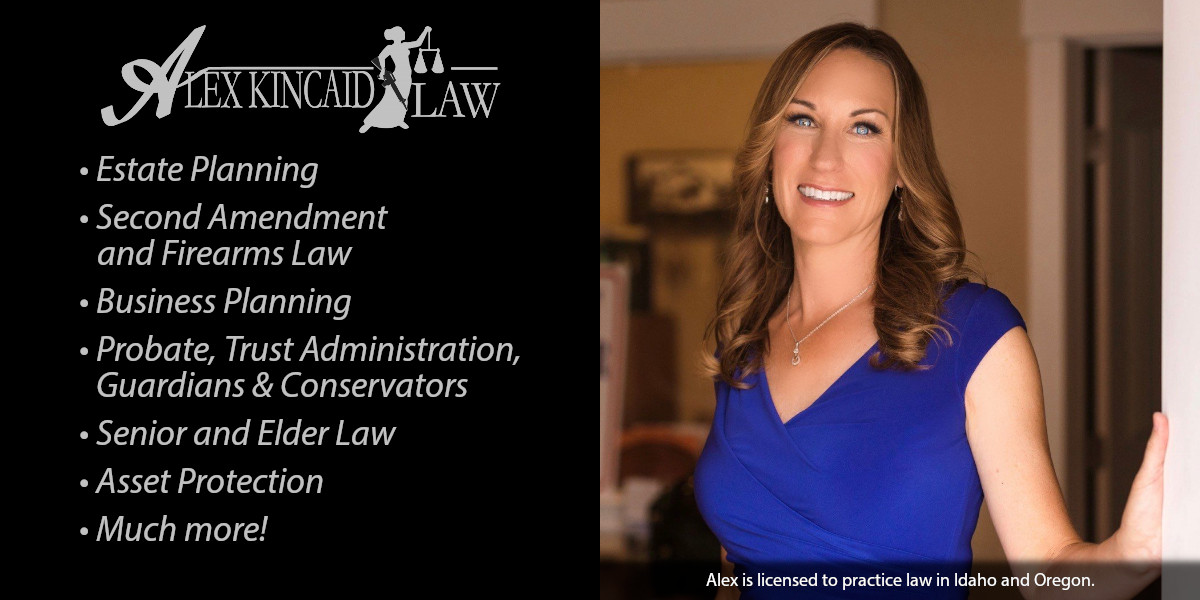
Exclusive Interview with Cattle Rancher and Farm Bureau CEO Zak Miller – Part 1
By Greg Pruett • July 19, 2022Idaho Dispatch interviewed cattle rancher and Farm Bureau CEO Zak Miller about the current climate of the cattle industry in Idaho.
The goal of the interview was to continue a series of articles Idaho Dispatch is working on regarding the current state of the economy and how it is impacting Idahoans. Previously, we released an article on the impact of inflation on local gun stores, as well as a story on how Idahoans are changing their spending habits at the grocery store.
One of the first questions Idaho Dispatch asked Miller was what impact inflation was having on his cattle ranching operation. Here is what Miller said,
Inflation’s really been hard on us because we’re on the producing side, which tends to have the lowest margin and the tightest supply. So we’re feeling a real crunch on the input side.
Five-dollar diesel, high fertilizer cost which goes into our feed production, and it’s really put us in a margin crunch.
While Miller said that the higher prices could be good for some in the cattle industry, it doesn’t necessarily benefit the ranchers right now who are fighting the inflationary costs of production. Miller said that as a wholesale, they feel optimistic that they will see some benefit from the higher prices, but right now, they are in a significant crunch.
Miller continued his response about the inflationary pressure saying,
Their just hitting on our input side faster than we can see the change coming on the outlet side. Even though the consumer is feeling it, we’re not filling enough of that gap to offset our costs. We’re feeling more of a crunch.
Idaho Dispatch asked Miller if the inflation was negating any benefit from the higher prices or if other factors were at play. Here is what Miller told Idaho Dispatch,
Honestly, I don’t think that the actual producer, the cow/calf guy especially, has really experienced any price increases due to inflation. We’ve been seeing price increases, and that started during Covid, but that’s been more fundamental to just simple supply and demand.
As a nation, we’ve been contracting our cattle supply, and so we’re just seeing a reduction in supply, which sets supply and demand.
In agriculture, we’re really slow at the producer level to react to inflationary pressures on the positive side. We only feel them on the negative side because we pay retail on the input, and we get paid wholesale on the output. So that just crunches us on both sides.
We feel the pain on the input side from inflation, but we really don’t get the benefit very well on the output side when inflation hits us.
When asked about the change in demand, if any, Miller stated,
I’m speaking on national levels now because that’s where our data is coming from. We’re starting to feel like we are seing a slight reduction to demand. So there’s a couple things, it’s hard to really know because when Covid happened, speaking as a beef producer, beef is very much a food service type of a protein.
You’re more likely to eat beef when you go out to eat. So when we went through the pandemic, we had tremendous freezer demand. We had a lot of people reach out to our ranch specifically, and my sister really does a lot of that, to sell beef. We saw a slight reduction in demand, but it was more negated because of supplies issues with packers and whatnot.
We really are starting to think we may be seeing a reduction in demand. We know that beef is on the higher end of the protein, so when consumers start to feel pinch, and they start to feel concern over their budgets, they’re a lot more likely to switch from beef down to pork or more likely poultry. And so we don’t have indications and stuff that consumers have done that really a lot, in fact, we’ve been surprised at how high the demand stayed as the inflation’s come up, but we think we’re staring to get some leading indicators that are telling us that the consumer’s starting to feel the pain with the beef prices.
Miller went on to explain that consumers appear to be moving from simply complaining about the beef prices to actually changing spending decisions because of them, which he stated was “concerning to our industry.”
Currently, the poultry industry has experienced a major problem with the bird flu. Millions of chickens have been slaughtered to slow the bird flu from spreading to other farms and factories. The loss of so many birds has caused the price of eggs and poultry to increase, along with the higher inflation already taking place.
Idaho Dispatch asked Miller if he felt the issues with the poultry industry could be offsetting some consumers from switching to chicken rather than beef.
Miller told Idaho Dispatch that while he doesn’t know for sure whether that is the case, he said it makes sense and that perhaps the bird flu issue in the poultry industry is helping the beef industry.
In part two of our discussion with Zak Miller, Idaho Dispatch asks about the biggest frustrations facing cattle ranchers in Idaho and what they think needs to happen to correct the issue.
Be sure to share this article and let us know your thoughts in the comments below. Also, don’t forget to subscribe to support our work at idahodispatch.com/subscribe.
Tags: Beef, Cattle, Chicken, Demand, Farm Bureau, Inflation, Poultry, Ranch, Supply, Zak Miller
5 thoughts on “Exclusive Interview with Cattle Rancher and Farm Bureau CEO Zak Miller – Part 1”
Comments are closed.








Realizing it’s an increasing, yet still very very small percentage of your market: The beef producer who markets fresh high quality organic beef, farm to consumer, has a very profitable opportunity. Bypass all the middlemen, we need you.
You do not need to give your profits to the slaughterhouse, middleman or big chain markets.
A well organized local and/or nationwide, farm to table, co-op may be a path to explore.
^^^^Exactly!^^^ Doing my best to support Idaho beef.
I have been buying my beef, honey, vegetables from our local farmers they are needed. I’ve been going to the grocery store for milk & cheese, but if anyone can tell me what farm I can get those from I will buy there too. No farmers no food, & the idea of eating a bug slurry sandwich is appalling. I stand with the farmers here & in all countries where new “rules & regulations” are trying to shut them down. Once all the big box stores close everyone will be buying from them. I agree w/ the above comment skip the middleman & we will buy directly from the farmers.
You can buy local milk in glass bottles and cheese at Clover Leaf Creamery in Buhl, Idaho.
I am a small beef producer, some call me just a hobby farmer. I work a full time job, as does my wife. We raise grass fed, custom finished beef for sale directly to the consumer. Our main costs since Covid have been fertilizer, fuel, and feed. The biggest obstacle between farm to table right now is the processing of our cattle. With the rise in demand for farm direct beef from the public, the custom butchers across the country can’t keep up. Right now in my area, we can’t get a butcher to our place until March 2023 unless there is a cancellation. The real cost problem is feed. I produce most of the hay needed to supply our production but with the added demand for quality feed the price of hay has doubled in the past 2 years adding exponential cost on the front end. My costs to produce my hay has increased $.75 / bale for small squares with fuel, fertilizer, water, and outside labor considered. You tell me why the going price for small squares is now $18 / bale? Supply and demand? Take a look at FB Marketplace and Craigslist, there is hay everywhere! And most are jumping on the price gouging band wagon. I know that uncertainty with water supply for the growing season is a factor, but seriously, the inflation doesn’t justify the prices we are seeing now. Take a look at what’s happening in Oklahoma and Texas. If we’re not careful it will happen here. Feed costs go up and producers sell out, leaving only the large scale operations with money to back them. Support your local producer and buy direct.